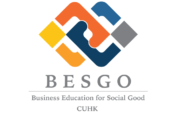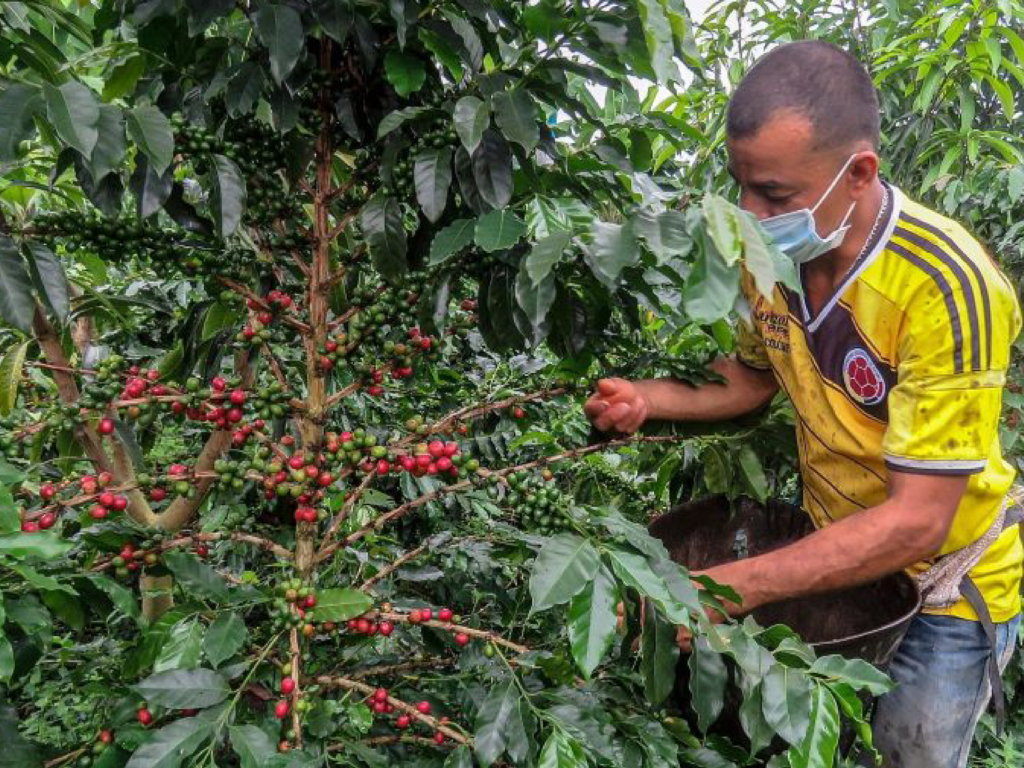Case Abstract:
Coffee began to be planted by Indonesians in the early 17th century and since then, it has become one of the prime agriculture products traded in the international market. Coffee cultivation in Indonesia is highly attractive to Indonesian agricultural community, increasingly widespread and contributes to the growth of the Indonesian economy. As a strategic export commodity, the Indonesian coffee market is aimed at several Asian countries, the US and Europe including the UK. Indonesia is the third largest coffee exporter to the UK after Brazil and Vietnam. At present, the Indonesian coffee industry is experiencing a considerable growth, along with the increase in the local coffee consumption. Coffee export also continues to be buyer-driven, thus, the upstream stakeholders, mostly the coffee producers, are under pressure to increase the capacity and quality of coffee produce to meet the demands of roasteries and exporters. The increased export market, however, inevitably creates a new set of sustainability challenges for coffee stakeholders in Indonesia. The sustainability of its coffee supply chains is of crucial importance, not only for the coffee sector, but also for the thousands of livelihoods involved. Sustaining these supply chains while continuing to grow global market share is not without challenges. Understanding the dynamics of sustainability risks within supply chains is, therefore, critical to any changes the Indonesian coffee stakeholders need to undertake.
Teaching Faculty:

Professor Benny Tjahjono
Coventry University, United Kingdom
Prof Benny Tjahjono is Professor of Sustainability and Supply Chain Management at Coventry University, UK. His overarching research area includes Sustainable Operations and Supply Chain Management, in particular, the exploration of Circular Economy principles in manufacturing and supply chains. He has a vested interest in ensuring the achievement of the triple sustainability objectives, ‘doing good for people, planet and profit’. His research track record has been demonstrated by winning and successfully delivering several research grants from EPSRC, ESRC, InnovateUK, European Union, overseas funding agencies and directly from the UK industry. He has published over 100 papers in refereed academic journals, conference proceedings, books, practitioners’ journals and newspapers.



